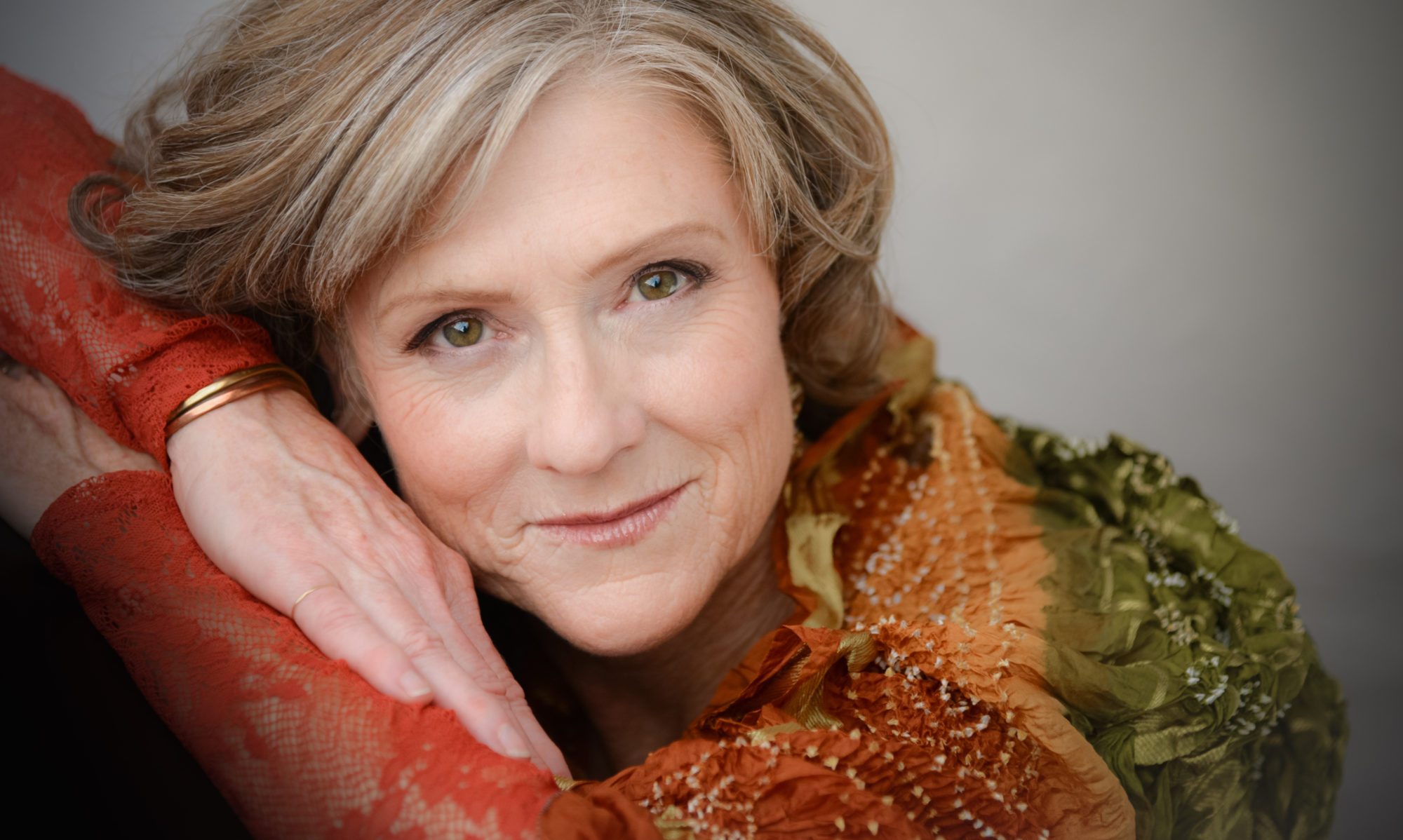 Likely most of you have seen this picture at some point. It’s been around for many years. I used it 20 years ago when I taught Stephen Covey’s landmark personal effectiveness workshop, Seven Habits of Highly Effective People.
Likely most of you have seen this picture at some point. It’s been around for many years. I used it 20 years ago when I taught Stephen Covey’s landmark personal effectiveness workshop, Seven Habits of Highly Effective People.
We would divide the workshop participants into two groups. One half would close their eyes, and we would briefly show the other half a similar drawing but was clearly an old lady with a scarf on her head. Then we would switch and have the other half briefly see a similar line drawing but was clearly a young lady wearing a necklace. We then had the entire group see this picture and asked them what they saw.
Almost unanimously those that had been shown either the young or old lady would immediately see the same lady in this picture. Many really struggled to see the opposite lady. We would even have to trace with our pointer the outline of the other lady to help their minds grasp the alternative reality in the picture. It was fascinating to see how easily everyone was “conditioned” to see a specific image!
This simple yet powerful exercise demonstrated how we see only what we are conditioned to see! True to Covey’s words,
“We see the world as we are, not as it is.”
The latest neuroscience research confirms this disturbing reality as it has discovered that as much as 80% of our behaviors are driven by our unconscious conditioning. This unconscious conditioning dramatically shapes our reality and therefore greatly influences our response to that “reality.” What we see in the world and how we respond depends on whether we have been conditioned to see either “the old lady” or “the young lady.”
But the truth is both the old lady and the young lady exist. Both “realities” exist, illuminating that there are many ways to see the world—to see reality. This simple exercise of how unconscious conditioning limits a person’s ability to see alternative perspectives begs the questions…
What are you not seeing in your life?
What opportunities are you missing?
What creative solutions are blind to you?
What do you perceive about your relationships that are shaped by your conditioning from earlier experiences?
What if the solutions to your challenges were right in front of you but you couldn’t see them?
With a limited perspective of reality, you hinder your ability to find creative solutions, see opportunities, respond to situations, and make truly conscious choices.
You are victim to your unconscious conditioning, reacting to situations in the same way over and over again, missing alternative perspectives that could potentially give you insight to a more creative, fulfilling and successful outcome…and life!
So how do you release your conditioning in order to expand your perception and interpretation of reality?
It starts with awareness.
The more you can stand apart from your thoughts, feelings and judgments, the more you can observe and be at choice. This takes practice and patience. Your conditioning has been functioning automatically for many years, and it will take time to “decondition” yourself. A regular meditation practice is incredibly helpful to cultivate this ability. If you don’t have one, you can start by sitting and focusing on your breath for 5 minutes each morning. This is an easy practice that can yield a huge return.
Be curious about a perspective that is different than yours.
If you “see the old lady” and someone else “sees the young lady,” be excited and inquisitive! Seek to really understand their perspective. This practice can foster a genuine curiosity in life—the key to eliminating judgment and evaluation which lock you into a limited perspective. Practice makes permanent; so the more you can seek first to understand instead of sharing your perspective, the more you will open yourself to other “realities.” You’ll start to cultivate the ability to see both the old lady and the young lady…and who knows what else?


